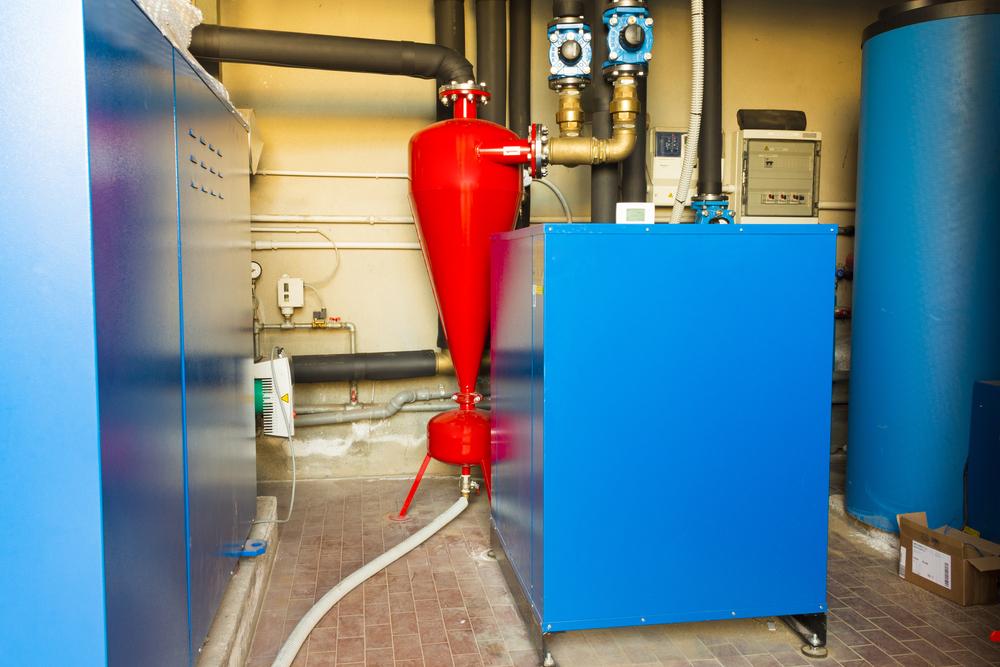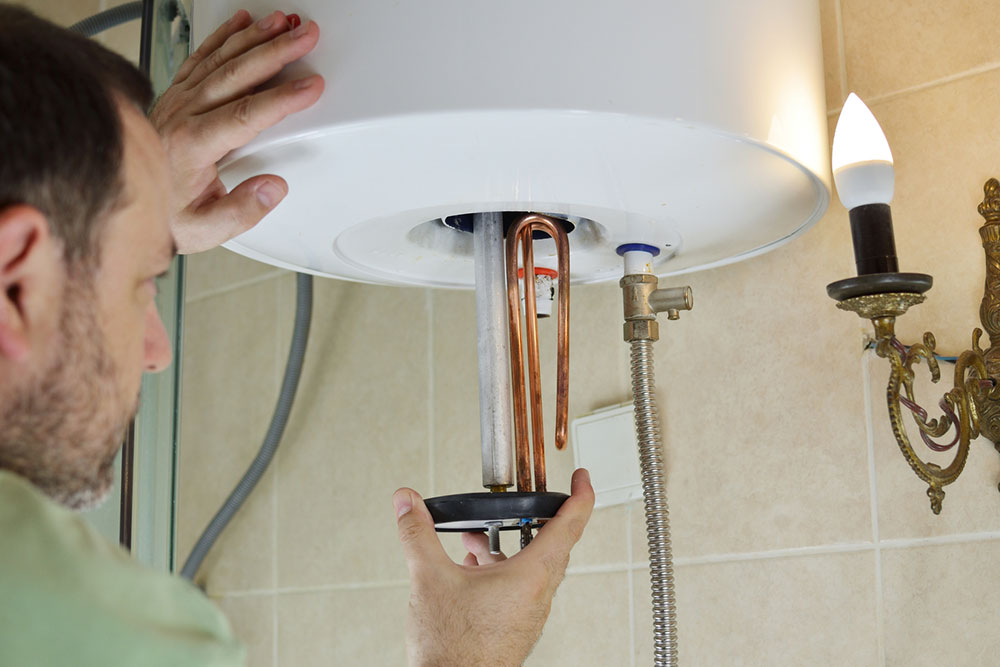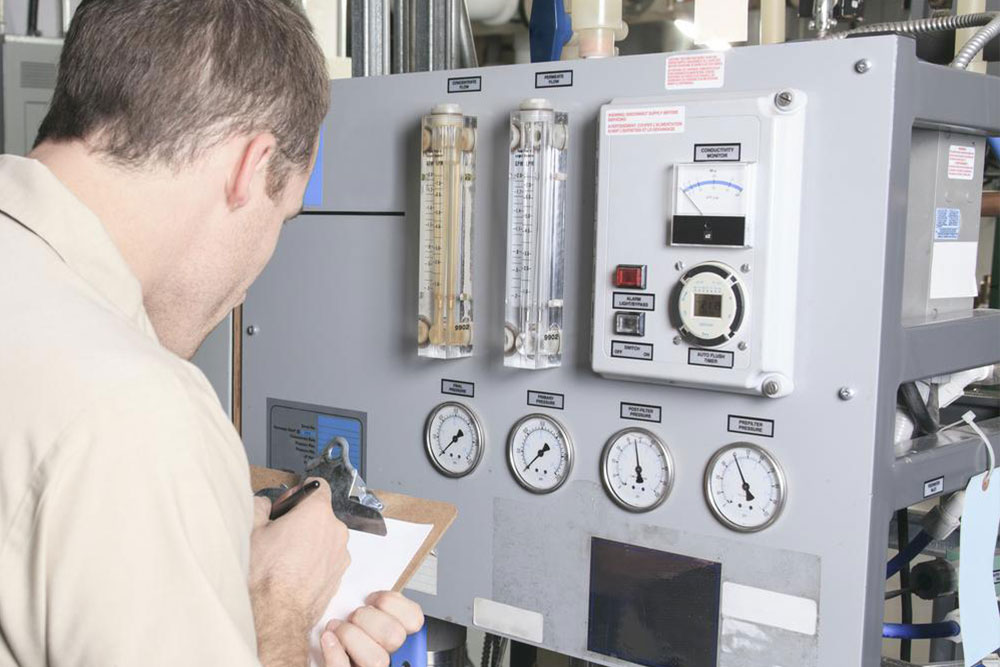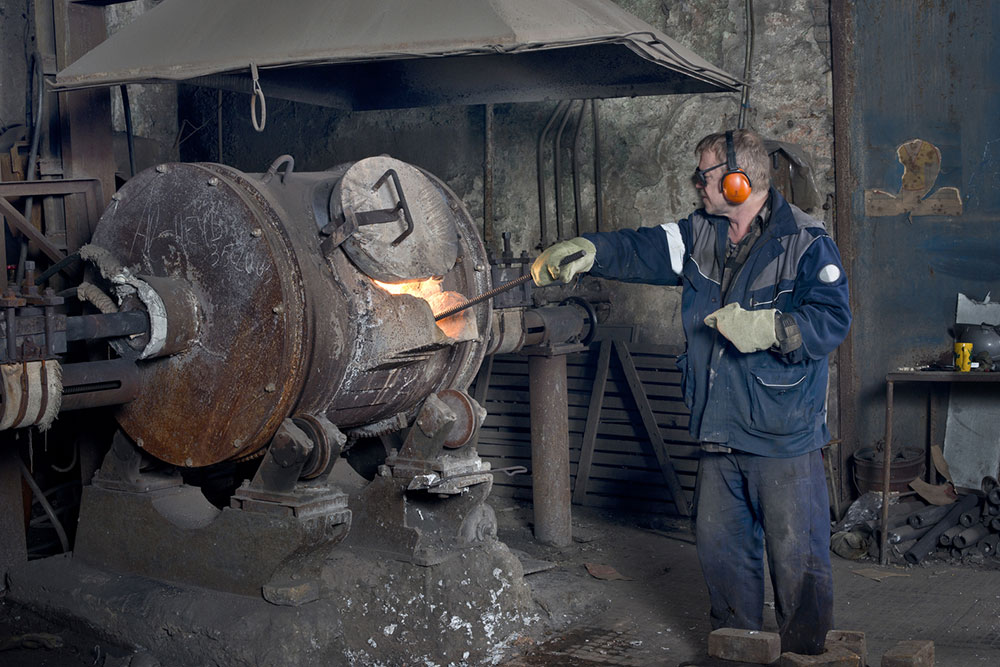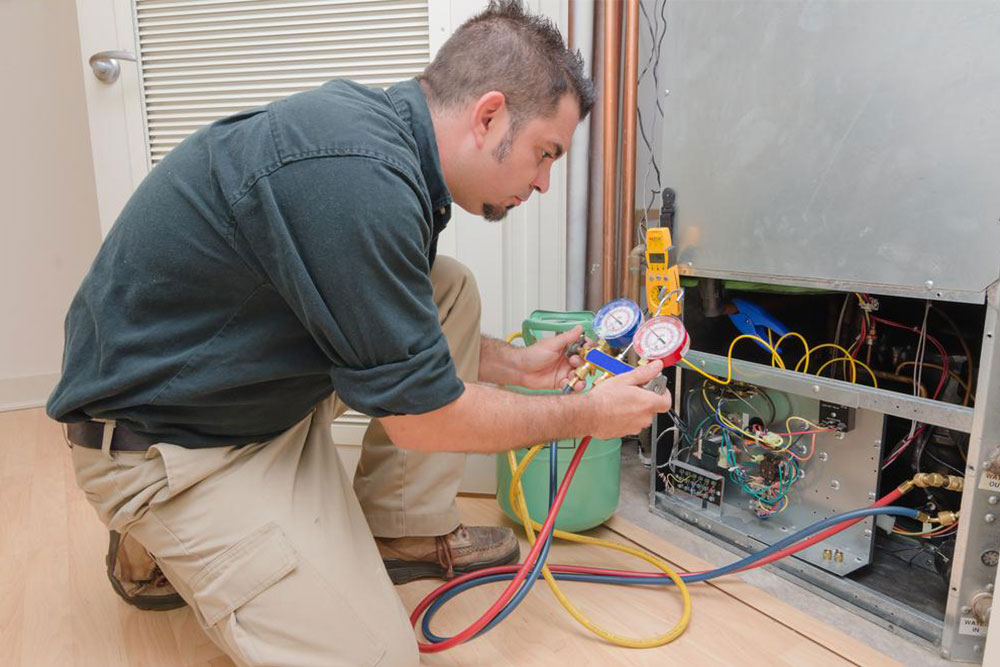Complete Guide to Baxi Back Boiler Fires and Their Latest Updates
Explore the history, efficiency issues, safety concerns, and recent updates related to Baxi back boiler fires. Discover why many are upgrading to modern heating solutions for better energy efficiency, reliability, and safety in their homes.
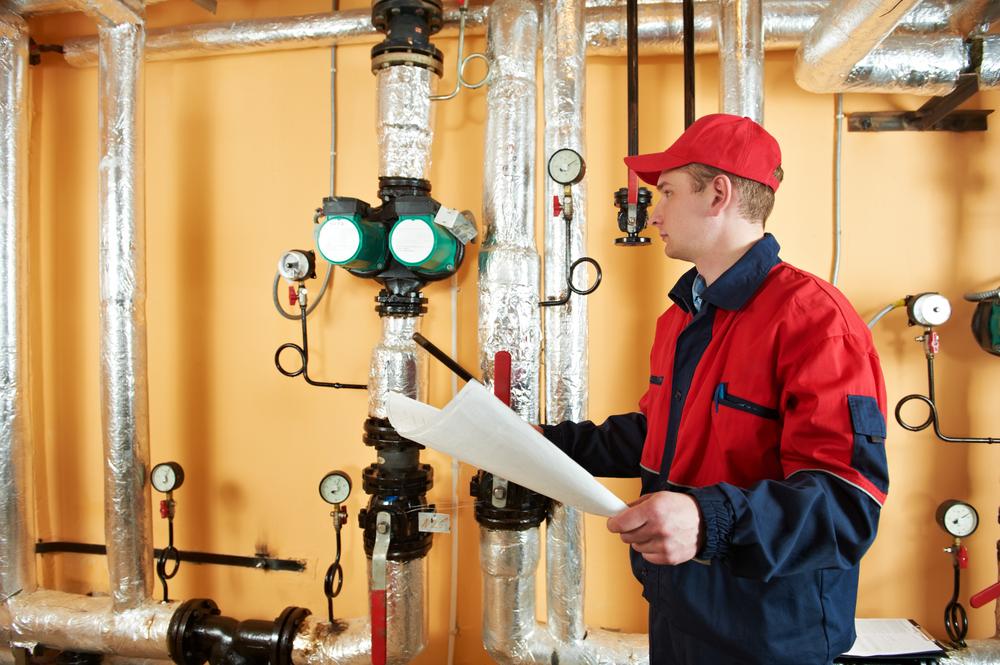
Understanding Baxi Back Boiler Fires
Since Baxi back boiler fires are no longer manufactured, many people are replacing older units. These boilers tend to consume more energy and require frequent repairs, leading to higher utility bills. Despite this, their reliability keeps some users loyal to their vintage models. Traditionally, back boilers are mounted behind a fireplace or stove, serving as supplementary heating units that harness heat from the main source.
What is a back boiler?
Back boilers are attached behind a stove or fireplace, drawing heat from the main source to generate additional warmth. They are popular for space-saving design, making them more efficient than traditional standalone boilers.
Historical Background of Baxi Back Boilers
During the 1960s to late 1980s, Baxi back boiler fires were widely used across households. Their durable construction made them a preferred choice for decades. As energy costs rose, Baxi introduced a new, energy-efficient model around eight years ago, rated A for efficiency. However, this newer version didn't gain the same popularity as the older models. It featured an electric fire mechanism instead of traditional components.
Efficiency Challenges of Baxi Back Boilers
Baxi back boilers have been criticized for their limited energy efficiency, typically around 78%. In contrast, modern boilers can achieve efficiencies of up to 98%. Regulatory standards now mandate at least 86% efficiency, highlighting the performance gap. Lower efficiency means higher energy bills and greater environmental impact. Upgrading to newer, more efficient models can lead to noticeable savings and reduced carbon footprint.
Safety Risks with Back Boilers
Using back boilers attached to fireplaces can pose safety issues, especially if the unit remains unused for extended periods. Old water inside the system may pose explosion risks due to pressure buildup. Having a licensed boiler engineer inspect your system can help identify safety concerns before deciding on replacement or repair strategies.
Note:
The insights shared are for informational purposes; they should not replace professional advice. Always consult with a qualified technician before making changes to your heating systems.

